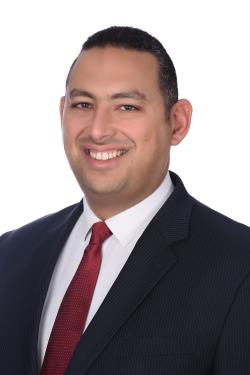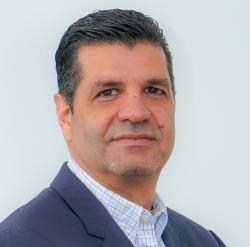The 20-Year Journey of the WSIS Process
WSIS
Session 115
This session will take place as part of the 2nd edition of the Arab International “Digital Cooperation and Development Forum”, 2025 (DCDF2.0), in Amman, Jordan | 23 February 2025, 11:00–12:00 UTC+3 (Amman local time)
The World Summit on the Information Society (WSIS) Process has stood the test of time and is highly relevant in the digital age, as it continues to remain at the forefront of leveraging the power of digital for sustainable development. It serves as a UN multistakeholder coordination mechanism on digital and emerging technologies topics.
The WSIS process has a long history, starting with the first phase in Geneva in 2003 and continuing through subsequent phases and reviews. Its longevity and continuity provide a stable and reliable platform for ongoing discussions, evaluation of progress, and adaptation to emerging challenges and opportunities. This long-term commitment ensures that WSIS remains relevant and effective in addressing the evolving digital landscape.
The upcoming WSIS+20 review is critical to assess the progress made since WSIS, identify gaps, and recommend future actions beyond 2025. As we approach the milestone of WSIS+20, the global community has a unique opportunity to reflect on the progress made and to actively shape the future of digital cooperation.
This side event, “The 20-Year Journey of the WSIS Process,” will bring together key stakeholders from the Arab region and beyond to exchange insights, foster collaboration, and contribute to a shared vision for the future of digital cooperation. Through this dialogue, participants will reflect on the WSIS journey, discuss emerging challenges, and explore opportunities for strengthening digital cooperation beyond 2025.







-
 C1. The role of governments and all stakeholders in the promotion of ICTs for development
C1. The role of governments and all stakeholders in the promotion of ICTs for development
-
 C2. Information and communication infrastructure
C2. Information and communication infrastructure
-
 C3. Access to information and knowledge
C3. Access to information and knowledge
-
 C4. Capacity building
C4. Capacity building
-
 C5. Building confidence and security in use of ICTs
C5. Building confidence and security in use of ICTs
-
 C6. Enabling environment
C6. Enabling environment
-
 C7. ICT applications: benefits in all aspects of life — E-government
C7. ICT applications: benefits in all aspects of life — E-government
-
 C7. ICT applications: benefits in all aspects of life — E-business
C7. ICT applications: benefits in all aspects of life — E-business
-
 C7. ICT applications: benefits in all aspects of life — E-learning
C7. ICT applications: benefits in all aspects of life — E-learning
-
 C7. ICT applications: benefits in all aspects of life — E-health
C7. ICT applications: benefits in all aspects of life — E-health
-
 C7. ICT applications: benefits in all aspects of life — E-employment
C7. ICT applications: benefits in all aspects of life — E-employment
-
 C7. ICT applications: benefits in all aspects of life — E-environment
C7. ICT applications: benefits in all aspects of life — E-environment
-
 C7. ICT applications: benefits in all aspects of life — E-agriculture
C7. ICT applications: benefits in all aspects of life — E-agriculture
-
 C7. ICT applications: benefits in all aspects of life — E-science
C7. ICT applications: benefits in all aspects of life — E-science
-
 C8. Cultural diversity and identity, linguistic diversity and local content
C8. Cultural diversity and identity, linguistic diversity and local content
-
 C9. Media
C9. Media
-
 C10. Ethical dimensions of the Information Society
C10. Ethical dimensions of the Information Society
-
 C11. International and regional cooperation
C11. International and regional cooperation
-
 Goal 17: Revitalize the global partnership for sustainable development
Goal 17: Revitalize the global partnership for sustainable development